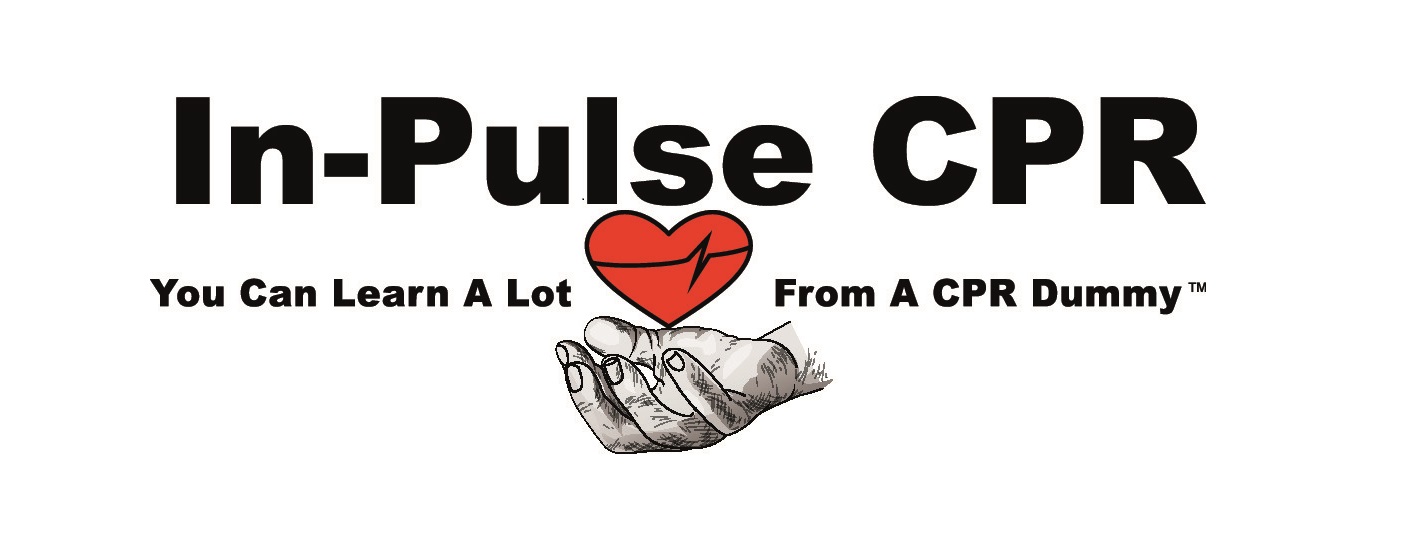Sugar Intake Linked to Obesity
written by Carin Mangimeli
You might want to think twice about adding that sugar to your coffee this morning. The American Heart Association has recently released guidelines regarding how much sugar adults and children should have in their daily diet.
The American Heart Association believes excessive sugar intake increases the risk of obesity in children and adults. Obesity is a direct risk factor for heart disease and related illnesses. In an effort to reduce this risk, especially in children and young adults, the American Heart Association, suggests the following:
- Everyone should limit their intake of sugar to 100 calories per day or less. This is approximately six teaspoons of sugar.
- This does not include natural sugars found in fruit, vegetables and other natural foods. Any sugar added during the manufacturing process, like corn syrup, sucralose and other artificial sweeteners.
- The average person consumes 355 calories of sugar per day.
- A can of soda contains more than 100 calories of sugar (non-diet).
Other commons sources of unnatural sugar include premium coffees and teas, as well as sugar added to those drinks by the consumers. Most desserts also contain a lot of sugar like cake, cookies, candy and ice cream.
In an effort to assist the American Heart Association in limiting the population’s intake of sugar and decreasing the obesity risk, many schools and other public places have removed sugary drinks, sweet snacks and candy from their menus and vending machines in the hope that people will begin eating healthier alternatives.
The American Heart Association suggests cutting down your sugar intake slowly, by cutting out various sugar-laden foods and drinks, like soda and cereal and substituting them with diet drinks or whole grain alternatives. Once you have replaced your regular foods with healthier alternatives, begin cutting back on desserts and other sweets to bring the number down to under 100 calories as recommended.



